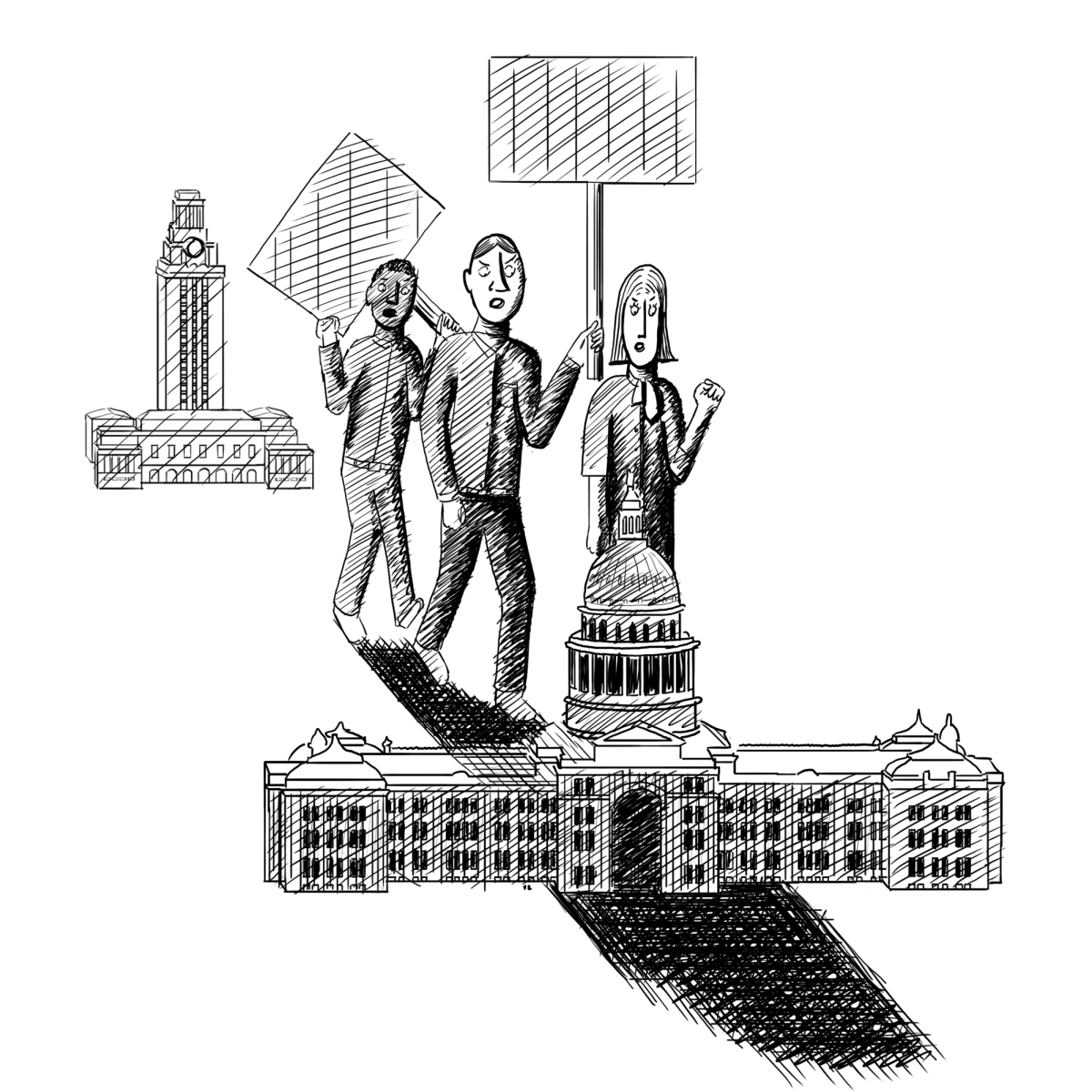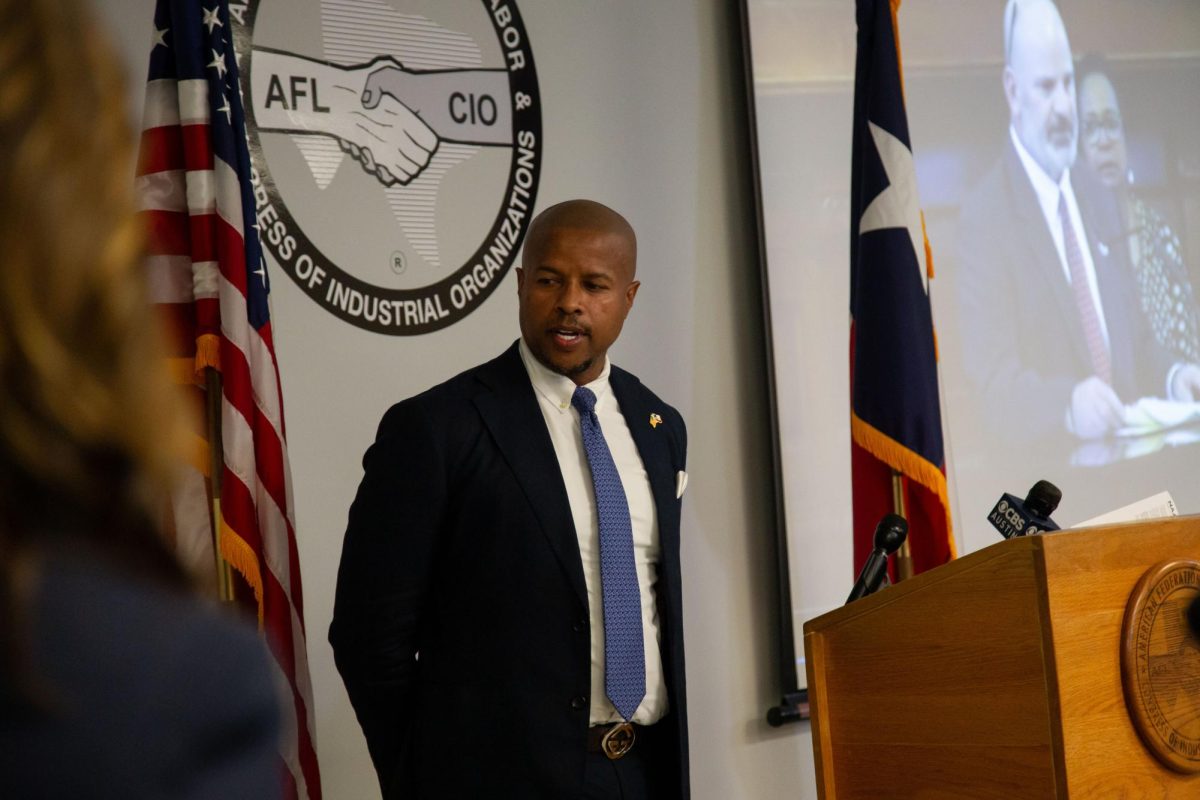In a high-profile criminal case defending activist-journalist Barrett Brown, professors and students of the Civil Rights Clinic within the School of Law influenced the U.S. government’s decision on Wednesday to dismiss eleven of the twelve counts with which Brown was charged.
According to the arrest warrant, Brown was arrested in September of 2012 and was formally indicted three months later for “Threatening Communications and Counseling, Commanding, and Inducing the Publication of Restricted Information” — or trafficking data — after he copy-pasted a hyperlink from a private Internet chat room to a public one.
The hyperlink transferal, underpinning the entire online free speech case, was contested in a 43-page motion for dismissal of indictments. The brief was written by professors and four students of the Civil Rights Clinic, a group within the School of Law representing low-income clients in a range of civil rights matters including free speech. Just two days after filing the motion, the U.S. government voluntarily dropped all but one of the charges against Brown.
Ahmed Ghappour, clinical instructor for the law school, spearheaded the work done by the clinic on the case. Ghappour remains under gag order and confidentiality laws but said his team will continue to work to defend Brown’s rights.
“Mr. Brown is presumed innocent of all charges, and the defense anticipates challenging the legal and factual assumptions that underlie those charges,” Ghappour said.
The law students who worked on Brown’s case were supervised by attorneys but did a tremendous amount of work for the case, according to Ranjana Natarajan, clinical professor and director of the Civil Rights Clinic. Natarajan said she believes the four law students involved with the clinic have gained valuable skills through this case.
“I think this has been a great experience because the students study the impact of the First Amendment but also get to see how it’s applied in a context with high stakes,” said Natarajan. “They represent real clients and real matters.”
The future is still uncertain for Brown as the case remains open with one charge. Ward Farnsworth, dean of the law school, said the work the clinic has put in so far is a big point of pride.
“The Brown case has received national attention,” Farnsworth said. “Our students and clinicians have worked very hard on it, and we’re proud of what they accomplished.”



















